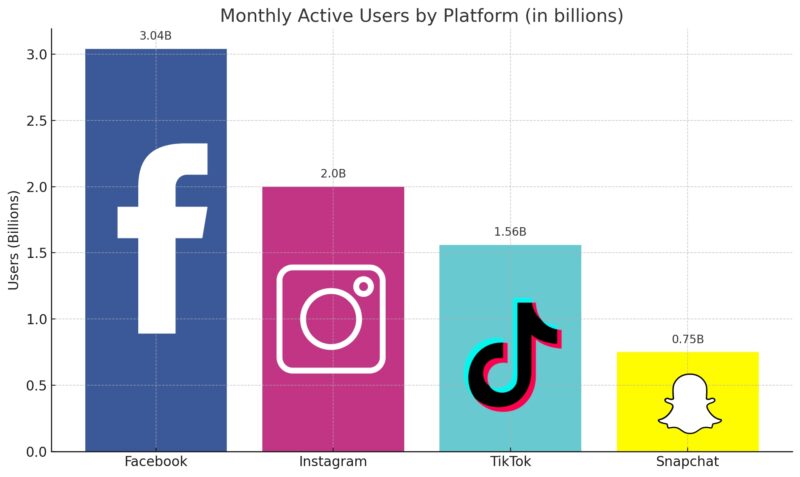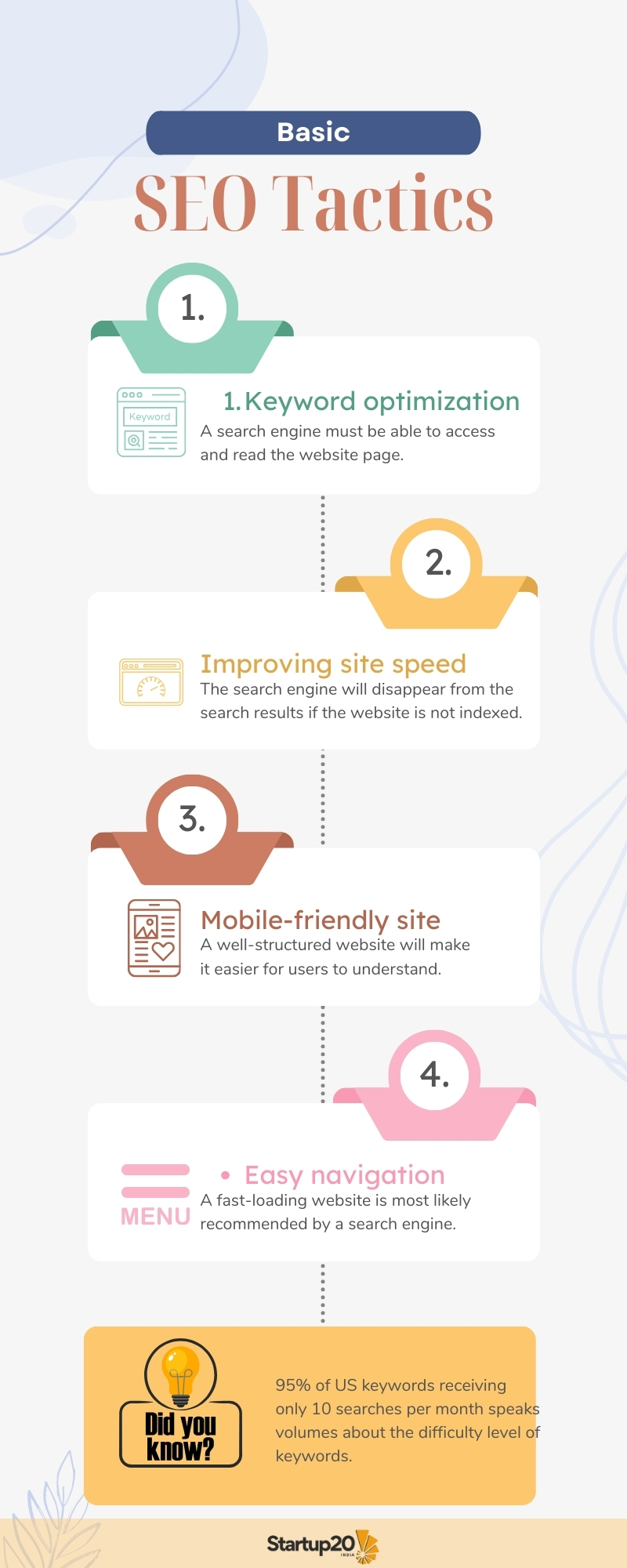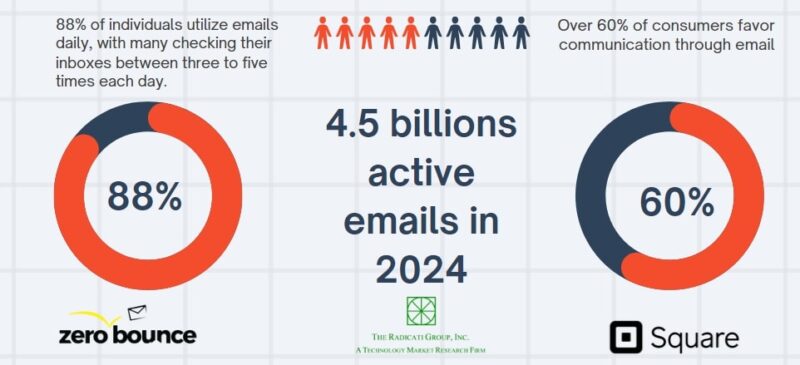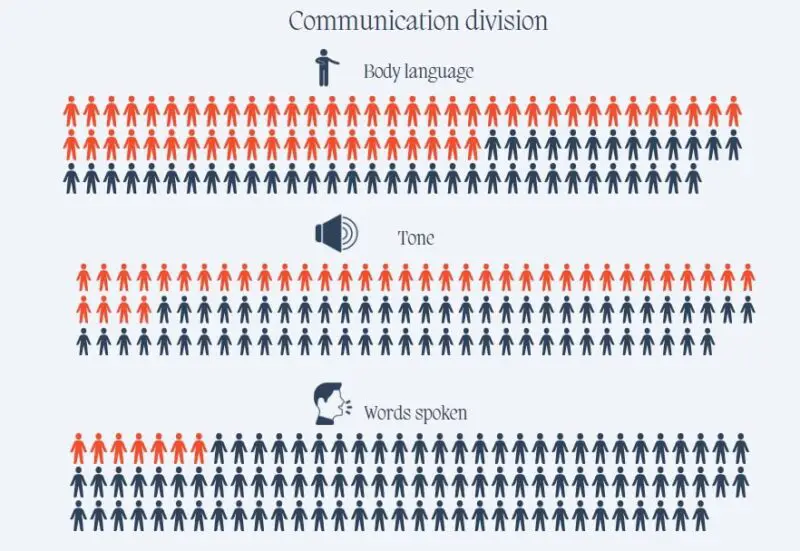Even though crowdfunding for startups is one of the hottest topics today, it is obvious many struggle with finances. In fact, less than half of startups fail within the first five years. That is to be expected to be honest since an idea being recognized by other parties is not guaranteed.
With that in mind, startups often look for a way to cut their operational costs. While it may not look like that, cutting costs on marketing and still being successful is possible. The main way to do that is to implement low-cost marketing strategies into their campaigns.
Let us see what the top low-cost marketing strategies for startups are.
Table of Contents
Toggle1. Content Marketing

Content marketing is among the irreplaceable elements for startups aiming to establish a strong market presence without breaking the bank. The content marketing approach involves creating, publishing, and distributing content tailored to a targeted online audience.
The versatility of content marketing allows for a variety of forms such as:
- Blogs
- Articles
- Press releases
- Infographics
- Newsletters
- Videos
- Social media posts
The essence lies in its ability to attract and engage potential leads, expand customer base, and boost sales. Regular posting is key to maintaining interest and keeping leads, prospects, and customers informed and engaged.
HubSpot’s 2024 report states that most content creators prefer quality over quantity:
- 83% of them are pro quality.
- 17% of them are pro quantity.
Different marketers have different perspectives on this approach:
- Roughly 73% of B2B marketers have a content marketing strategy.
- On the other hand, 70% of B2C do the same.
The goal of this approach is not just to build brand awareness but also to foster a connection with the audience through compelling storytelling. Workshops on business storytelling can further refine this skill, enabling startups to unlock their brand’s potential through content that resonates deeply with their audience.
2. Social Media Marketing

Social media marketing offers startups a cost-effective platform to increase brand visibility and engage with a broader audience.
As GitHux writes, we witnessed an increase in social media platform usage by small businesses recently:
- 2020 – 86%
- 2021 – 91%
By entering social platforms like Snapchat, Facebook, Instagram, and TikTok, startups have the opportunity to select and focus on networks where their target audience spends significant time. Each platform has a high of monthly active users.
According to Statista’s report, the numbers are the following:

Creating a business account on these platforms is usually free, allowing startups to post creative, attractive, and engaging content linked contextually to their website. Not to mention that all of them come with an array of built-in features that make their business usage a breeze.
The key to successful social media marketing lies in consistency, creativity, and the ability to produce content that resonates with the audience, encouraging them to share it further.
3. Search Engine Optimization (SEO)
SEO is an absolute must since it enables startups to enhance their online visibility and attract more website traffic without significant investment. It involves optimizing a website and content to rank higher in search engine results pages (SERPs), making it easier for potential customers to find a particular website.
Since it is known that less than 0.5% of searchers will click on the Google second-page result, the importance of a good rank becomes much clearer. At the same time, Google with its 91.6% market share doesn’t offer much room for alternatives, right?
Aligning with the search intent is crucial in this case. Still, being aware that 95% of the US keywords have only 10 searches per month certainly says a lot about the difficulty. But when done right, it ensures that the content meets the needs and queries of the target audience.
Basic SEO tactics include:

While SEO requires a bit of technical knowledge, its long-term benefits in driving organic traffic and improving brand recognition make it a worthwhile investment for startups.
4. Referral Programs

While it may look like something obscure at first sight, referral marketing is still very much alive. Referral marketing capitalizes on word-of-mouth, one of the most powerful and cost-effective marketing strategies.
Referrals involve encouraging satisfied customers to share their positive experiences with friends and family, thereby extending the brand’s reach organically.
According to Nielsen’s 2012 report, 92% of consumers believe referrals from their family and friends more than other sources. All experts in the market agree that this trend is still ongoing.
Furthermore, discussing brands by consumers occurs 90 times per week on average. Still, that doesn’t that focusing on other channels is a waste of time. For instance, 69% of employers have an employee referral program within the organization.
Structured referral programs can significantly boost customer participation in promoting a brand.
So startups should offer incentives such as:
- Discounts
- Free upgrades
- Exclusive features
This strategy not only helps in acquiring new customers at a low cost but also strengthens loyalty among existing ones. The key to a successful referral program lies in making it easy for customers to share the brand and providing worthwhile incentives that motivate them to do so.
5. Video Marketing

Video marketing is something businesses cannot do without in our era. In January 2008, one-third of all online activity was spent on watching a video. That was a good indicator of where things would go in the future. In the last couple of years, video has become a consistent marketing tool, with 91% of all businesses using it, according to wyzowl.
The reason why this has become so powerful is that people spend 18 hours watching videos per week. Therefore, this is a great opportunity for startups to connect with their audience, showcase their products, and tell their brand’s story.
This approach leverages the power of visual storytelling to convey messages more effectively, capitalizing on the fact that consumers are more likely to engage with video content than text alone. On Instagram, video content gets 38% more engagement than images, which is a great indicator of its effectiveness. The price is dictated by the project’s complexity.
The average costs are:
- $2,000 for a basic video.
- $50,000 for a more complex one.
6. Email Marketing

Email marketing remains a powerful and direct channel for startups to communicate with their audience. It allows for personalized engagement, offering updates, promotions, and valuable content directly to the inboxes of potential and existing customers.
Building an organic email list through a website, social media, and other touchpoints ensures that messages are reaching an audience interested in what a brand has to offer. While some would argue that email marketing is not nearly as effective as it was a couple of years ago, we beg to differ.
In 2024, there are 4.5 billion active emails, according to a Radicati report. It certainly opens countless options for reaching potential customers.
Next, Zerobounce states that 88% of people use emails every day, and some of them check their inboxes between three and five times a day. Segmentation and personalization are key strategies in email marketing, allowing startups to tailor their messages based on the recipient’s interests, behavior, and stage in the customer experience.
For that reason, more than 60% of consumers prefer to be contacted via email. This targeted approach increases the relevance and effectiveness of campaigns, leading to higher open and conversion rates.

Email marketing provides valuable metrics to measure engagement and refine strategies over time, making it an indispensable tool for startups looking to grow their customer base on a budget.
7. Networking
Networking and community involvement are essential for startups looking to build relationships and establish their brand within their industry and local community. Research conducted a couple of years ago shows that 78% of startups can thank networking for their success.
Participating in industry events, local meetups, and online forums not only raises a startup’s profile but also allows it to connect with potential customers, partners, and influencers who can help spread the word about a particular business. Being aware of all forms of communication is an absolute must.
Experts agree with the following communication division:

Building a strong network requires a genuine interest in contributing to the community, sharing knowledge, and supporting others. This reciprocal approach not only helps in building the brand’s reputation but also opens up opportunities for collaborations, referrals, and word-of-mouth marketing.
8. Leveraging Influencer Marketing

Influencer marketing has emerged as a powerful strategy for startups to expand their reach and credibility quickly. By the end of 2024, the influencer marketing industry is expected to touch $24 billion.
So startups who partner with influencers with a strong following among a particular target audience can expect to reap significant long-term benefits. More than half of all marketers agree that posts made by influencers have a much better performance than branded ones.
According to a Collabstr report, the top countries for influencer marketing on social media platforms are the following:

Influencers help by promoting products and services, sharing content, and endorsing the brand, providing a level of social proof that can significantly influence potential customers’ purchasing decisions.
While influencer marketing can require some investment, the potential for increased brand awareness, customer trust, and sales makes it a worthwhile strategy for startups looking to make a big impact with limited resources.
9. Hosting Events and Webinars
Hosting events and webinars is an effective way for startups to engage directly with their audience, showcase their expertise, and build relationships. These platforms offer an opportunity to present services and products, share valuable insights, and interact with potential customers in real-time.
The average attendance rate of webinars is roughly 44%. Furthermore, Cvent states that the average conversion rate of a webinar registration page is 50%. It goes without saying that this depends on the subject and the industry.
Events and webinars can be used to educate the audience about the industry, address their pain points, and demonstrate how offerings can provide solutions. The key to successful events and webinars lies in delivering content that is relevant, informative, and engaging.
Interesting Fact: 95% of marketing professionals consider webinars to be irreplaceable factor in their marketing strategy.
Promoting these events through an email list, social media, and partnerships can help attract a wider audience. Recording these sessions and making them available online can extend their reach and provide ongoing value.
By hosting events and webinars, startups can establish themselves as thought leaders in their industry and create meaningful connections with their audience.
10. Creative and Targeted Marketing Efforts
Creativity and targeting the right audience are crucial elements in the success of low-cost marketing strategies for startups. In a landscape where resources are limited, startups must think creatively to stand out and capture the attention of their potential customers.
Around a decade ago, this wasn’t a prevalent approach since 76% of marketers failed to target via behavioral data. But now various reports, like the one conducted by ReadyCloud, show that 70% of customers who see retargeted ads are more prone to convert on a website.
This can involve innovative use of social media, content creation, personalized email campaigns, and engaging community initiatives. Being aware of an audience is key to targeting marketing efforts effectively.
By identifying the specific needs, preferences, and behaviors of the target market, startups can tailor their messaging and channels to reach them more effectively.
This targeted approach ensures that marketing efforts are not wasted on those unlikely to be interested in what a brand has to offer, maximizing the impact of every dollar spent.
Final Reflections
The field of marketing strategies is a vast one, and it requires being aware of an array of factors before someone can decide which one to utilize. In the case of startups, this becomes even bigger an issue since they usually don’t have a lot of money to spend.
With the low-cost marketing strategies we’ve discussed, startups will certainly have a much easier time making the decision. Still, it is crucial to remember that not all strategies will fit in every campaign.










